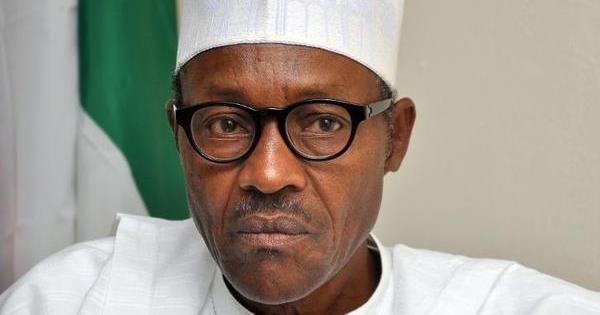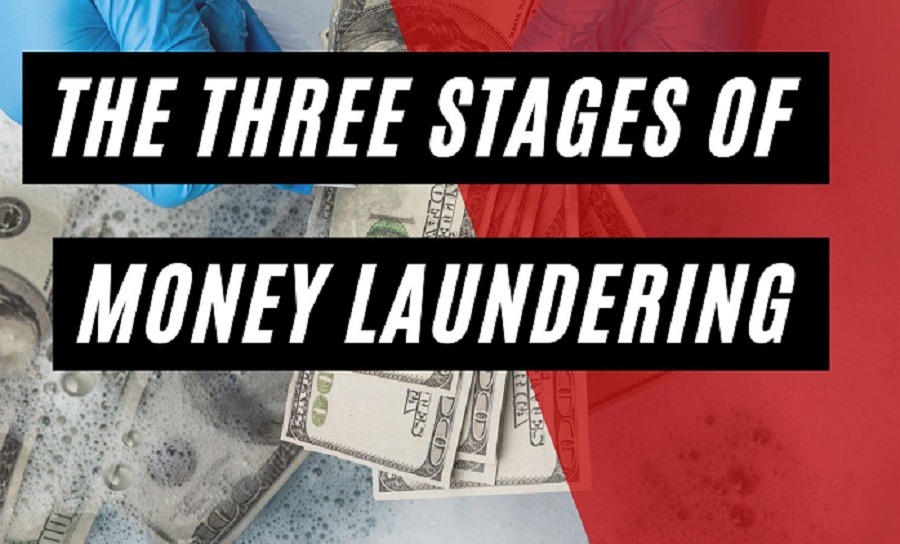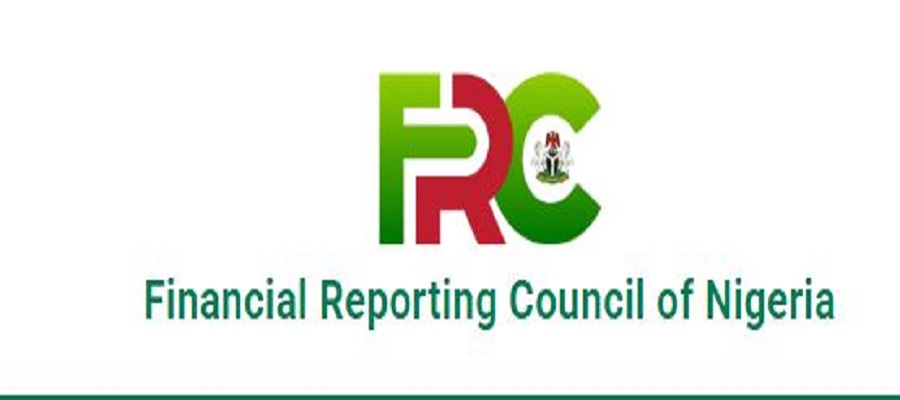General News
Nigeria Economy – A New Quarter but Same Old Story

By Lukman Otunuga, Senior Research Analyst at FXTM,
Africa’s largest economy entered the new quarter with a strong likelihood of following the same old story, namely COVID-19 headwinds, recessionary trends and widespread local and global market uncertainty.
What are the chances of a plot twist?
In a year full of twists and turns, the Central Bank of Nigeria (CBN) surprised investors with a 100 basis point interest rate cut from 12.5 percent to 11.5 percent. The monetary policy signal is a green light for more affordable lending which could stimulate economic growth and temper recessionary pressures. However, the same green light could speed up the inflationary pressures which weigh on the economy.
The currency markets may view the CBN’s rate cut as a sign that monetary policy no longer prioritises foreign investors seeking high returns on deposits.
Until now, the CBN’s hawkish monetary policy helped to maintain and grow the banking system’s foreign currency reserves, providing the Naira with a cushion against further weakness. The current weakening global and domestic economic outlook does not support a high-interest rate environment in the short term. Faced with a protracted recession or runaway inflation, the CBN appears to have chosen the lesser of two evils. The central bank’s latest statement indicates that high interest rates have not been successful in checking inflation, which the CBN blames on structural factors like rising fuel and electricity prices.
This raises the question of why an Oil-producing country faces inflation in fuel and electricity prices when fossil fuels are locally produced and ought to be more affordable. The answer is the strange economic distortion created by COVID-19. In this case, Nigeria applied to borrow $3.4 Billion from the IMF in order to bail out the economy because of the COVID-19 pandemic. The money will have to be repaid – cue a hike in electricity tariffs to increase government revenues from utilities and bolster its repayment capacity. This would be credit-positive as the last thing Nigeria needs in such extraordinary times are doubts over its creditworthiness.
Weaker global Oil prices make Nigeria’s creditworthiness even more of an important factor because the state is hard-pressed to cover its budgetary needs in the current climate of low demand for crude Oil.
Now that the CBN has put checking inflation lower down in its priorities, does this signal further rate cuts in the near future?
The case for further pandemic-driven rate cuts appears to be strong. The COVID-19 outbreak shows no signs of abating. On the contrary, at the time of writing, the number of new cases in Nigeria is on the rise after lockdowns eased. Further monetary stimulus to the economy appears unavoidable.
Of course, it all depends on what happens with inflation. If the inflation rate keeps rising in sectors like fuel, electricity and food it may drag on consumer spending, outstripping the economic benefits of lower interest rates. Medical costs have also risen because of COVID-19, according to the August inflation statistics.
The pandemic comes at a time when Nigeria is exposed to external and domestic risks. Locally, the drive to diversify the economy stayed stuck in first gear. Border clashes between herders and farmers led to border closures, further dampening economic activity. Externally, Oil prices remain in a slump, the US Dollar is appreciating and global sentiment struggles with the COVID-19 circumstances.
Further elevating fears over a technical recession in Nigeria, the World Bank forecasts an economic contraction of 3.2 percent for the full-year 2020, a five percent drop from its previous projection.
Summing up, Nigeria’s outlook remains influenced by the same old themes. If Oil prices stay depressed, foreign currency reserves and government revenues will likely decline. Low Oil prices also impact the CBN’s capacity to defend the Naira. A falling Naira could accelerate inflation and further weigh on economic growth. Will the final quarter of 2020 see a continuation of these themes, or will the economy offer a positive surprise?
The banking sector remains a bright spot in the cloudy outlook. Easier borrowing terms might boost the banking sector’s income while encouraging economic activity. Another bright spot is that growth in China has returned, promising to hike demand in the Oil markets and further supporting Oil prices.
After the year we’ve had so far, one thing’s sure: surprises are only to be expected.
General News
NCS to Launch Electronic System for Cash Declarations at Airports

Nigeria Customs Service (NCS) is set to introduce an electronic declaration system to streamline and enhance compliance for travelers carrying cash into or out of Nigeria.

Speaking in an interview with the News Agency of Nigeria (NAN) in Abuja, Abdullahi Maiwada, NCS spokesperson, emphasized that the initiative aligns with efforts to strengthen Nigeria’s anti-money laundering framework and reinforce financial regulations.
“The Nigeria Customs Service (NCS) has announced the deployment of an Electronic-Currency (E-Currency) declaration form as part of its anti-money laundering measures for travelers carrying cash into and out of Nigeria,” NAN reported. The system will require travelers carrying amounts exceeding the legal threshold to declare them before arrival or departure.
Maiwada further explained the process, stating, “We have developed a system where, even before leaving your point of origin, you can scan a QR code, access the form, fill it out, and we will be able to see it from here.”
He noted that the initiative, set for rollout soon, will enhance monitoring and facilitate information sharing with relevant authorities.
Under the Anti-Money Laundering (Prevention and Prohibition) Act 2022 and the NCS Act 2023, travelers carrying over $10,000 (about N15.4 million) or its equivalent in negotiable instruments must declare the funds to Customs authorities.
To boost awareness, the NCS is working with airline operators to inform travelers through onboard announcements and plans to reinstate signage at airports and border points in English and French.
The move comes as part of broader efforts to tighten financial controls following a recent case at the Murtala Muhammed International Airport (MMIA), where Customs officials seized $578,000 from a passenger attempting to evade currency declaration regulations.
General News
Aquaterra Energy Secures Multi-million-dollar well Intervention Contract with Intrepid Energy in Nigeria

Aquaterra Energy, a leader in offshore engineering solutions, has secured a multi-million-dollar, multi-year contract with Intrepid Energy Limited (IEL) to deliver a bespoke subsea well intervention equipment package for a project in Nigeria.

Aquaterra Energy’s turnkey well access package will enable IEL to conduct intervention operations across multiple mature oil wells in the region, supporting enhanced reservoir production.
The contract includes the supply of a complete seabed-to-surface intervention system and package, spanning from the subsea tree to surface intervention equipment.
Key components include Aquaterra Energy’s TRT tieback tooling, which provides production bore and annular access, a lightweight well pressure control system, and an ISO 13628-7 qualified open water intervention riser with an integrated tensioning system. In addition to equipment provision, Aquaterra Energy will also deliver ongoing offshore engineering support throughout the project.
The 7- 3/8” lightweight well access solution, has been specifically engineered for deployment from jack-ups and lift boats. This innovative approach offers a cost-effective and operationally efficient alternative to floating vessels, reducing intervention costs while maintaining high safety and performance standards.
Andrew McDowell, Delivery Director at Aquaterra Energy comments: “Our expertise in offshore engineering allows us to develop tailored intervention solutions that address the operational challenges of subsea well access.
This system has been engineered for efficiency, ease of deployment, and safety, helping IEL optimise intervention activities across Nigeria while reducing costs. By delivering a complete, integrated package, we are simplifying complex operations and enabling operators to maximise production potential.”
Engr Seun Alonge, CEO at Intrepid Energy Limited adds: “Working with Aquaterra Energy marks a significant step forward for our intervention operations in Nigeria. Their specialised technology enhances our ability to execute intervention programmes efficiently, maximising performance across our assets.
By combining Aquaterra’s technical expertise with our deep understanding of the local operating environment, we’re confident this collaboration will enhance production outcomes and create lasting value for our operations in the region.”
The project is set to support intervention operations over multiple years, with Aquaterra Energy providing ongoing technical expertise, with a dedicated team of engineers providing ongoing service support throughout the project.
George Morrison, CEO at Aquaterra Energy: “Delivering reliable and efficient well access solutions for shallow water subsea operations is central to how we support offshore operators.
This collaboration with IEL reinforces our commitment to providing cutting-edge engineering solutions that enhance efficiency and reduce operational costs. With West Africa playing an important role in the global energy sector, we’re proud to continue supporting its offshore industry with our expertise and innovative technologies.”
General News
FG Halts Controversial FRC Dues amid Industry Outcry

Federal government has temporarily suspended the controversial annual dues imposed on public interest enterprises by the Financial Reporting Council (FRC) after fierce opposition from businesses.

Jumoke Oduwole, minister, Industry, Trade, and Investment, announced the decision during a Ministerial Consultative Meeting in Abuja on Wednesday.
The move follows mounting pressure from private sector groups, including the Nigeria Employers’ Consultative Association (NECA) and the Manufacturers Association of Nigeria (MAN), who slammed the Financial Reporting Council (Amendment) Act 2023 for burdening companies with excessive fees.
The Act mandates cumulative annual charges for non-listed entities and imposes a harsh 10% monthly penalty on unpaid dues, compounding until full payment, a provision that sparked widespread backlash.
At the meeting, major industry players like NECA, MAN, the Nigerian Association of Chambers of Commerce (NACCIMA), oil producers, and telecom operators warned that the fees would cripple businesses already struggling in a tough economy.
Oduwole clarified the suspension, stating, “The government has decided to direct the Financial Reporting Council to pause in the implementation of the new annual dues. You know that I am a lawyer, and a suspension request by the organised private sector would be in contravention of legislation duly passed by the National Assembly. A pause is an administrative process simply to review, in line with what we discussed today.”
She assured stakeholders that the halt would last no longer than 60 days, with a technical working group—including FRC officials and private sector representatives—set up to reassess the policy.
“We are a listening administration. The private sector has requested a range from three months to an indefinite suspension. We are not going to do that. So, at the most, 60 days is in my estimate. We are going to set up a technical working group comprised of the FRC and the organised private sector who have formally written in, and this will be reviewed,” Oduwole emphasized.

 Telecom3 days ago
Telecom3 days agoAgain, Labour Fumes, Threatens Shutdown of Telcos over Non-Implementation of 15 Percent Tariff Reduction

 News3 days ago
News3 days agoNNPC Ready to Go to Capital Market for IPO- CFIO

 E-Business3 days ago
E-Business3 days agoFG Launches Online Visa Approval Centre

 E-Business3 days ago
E-Business3 days agoQNET Disassociates From Fraudulent Academy in Abuja, Supports EFCC Arrest

 Telecom2 days ago
Telecom2 days agoIHS Nigeria Hosts Telecom Industry Stakeholders to Discuss Protection of Critical National Infrastructure in Lagos State

 E-Financial2 days ago
E-Financial2 days agoTitan Trust Bank Selects Oracle FSS for Core and Digital Banking Technology

 General News2 days ago
General News2 days agoNCS to Launch Electronic System for Cash Declarations at Airports

 News2 days ago
News2 days agoSanwo-Olu Hails Jumia for Giant Strides in Growing Nigeria’s E-Commerce Sector
























